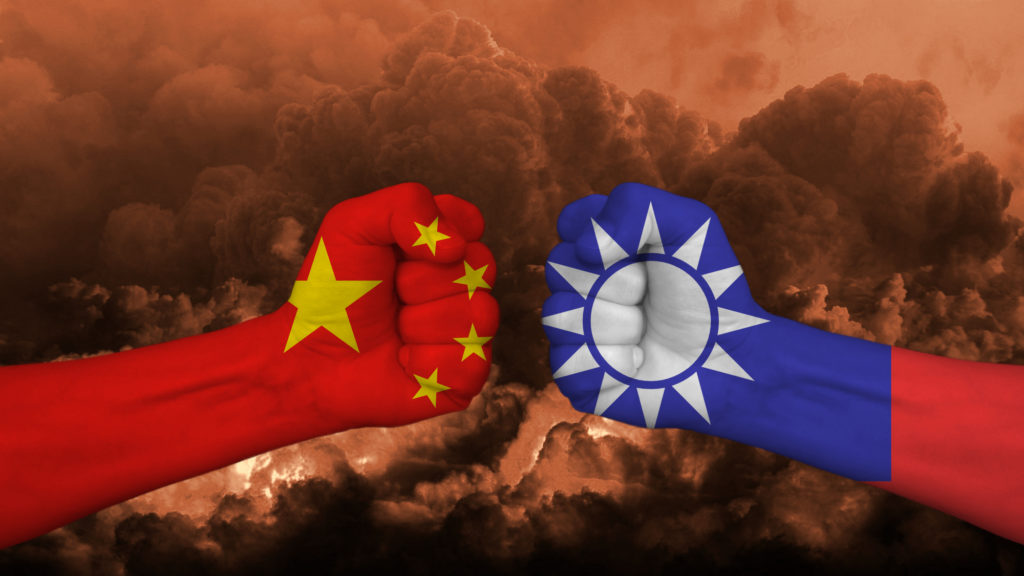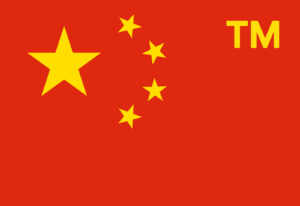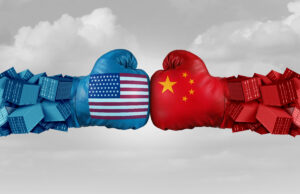Doing business in or with Taiwan is likelier to get tougher for those who also do business in or with China.
On November 22, Chinese media reported that “firms funded by Taiwan-based Far Eastern Group have been fined for a series of violations and regulations in the Chinese mainland.” These firms “had engaged in illegal activities specifically relating to environmental protection, land use, employees’ health, production safety, fire control, taxation, product quality and other issues.”
However, Chinese authorities made no secret of the fact that the fines were also political in nature. Though the Taiwan Affairs Office “did not draw a direct link” between the fines and China’s Taiwan policy, it did say that “diehard Taiwan secessionists, affiliated enterprises and financial donors must be punished in accordance with the law.”
That China would take a hard line against “secessionists” is not surprising, but what did Far Eastern Group do to earn that label? According to the Global Times, “some media reports and social media posts have pointed out Far Eastern Group’s support for the Democratic Progressive Party (DPP).” Far Eastern Group is apparently the DPP’s biggest donor, having donated $2.09 million during the 2020 legislative election cycle.
The DPP is Taiwan’s governing party. According to the DPP,
Taiwan is a sovereign and independent country. In accordance with international laws, Taiwan’s jurisdiction covers Taiwan, Penghu, Kinmen, Matsu, its affiliated islands and territorial waters. Taiwan, although named the Republic of China under its current constitution, is not subject to the jurisdiction of the People’s Republic of China. Any change in the independent status quo must be decided by all residents of Taiwan by means of plebiscite.
Though from a semantical perspective it is foolish to talk of “secession,” it is granted that the DPP is clearly supportive of Taiwan’s independence (which it considers to be a reality, which does not need to be declared). Without doubt, there is ample daylight between the DPP and PRC views on Taiwan.
This all said, the DPP is, again, Taiwan’s governing party. It is natural Taiwanese companies would want to enjoy a good relationship with the country’s ruling party, by among other things making political contributions. Beijing is setting a low bar for being a “diehard secessionist.”
As China ramps up its attempts to pressure and intimidate Taiwan, we expect it to expand the scope of what is unacceptable cooperation with Taiwan’s government. If political donations to Taiwan’s governing party are verboten, why not paying taxes? Or establishing a company in Taiwan? Or selling equipment to Taiwan’s military? Or even simply doing business in or with Taiwan?
Foreign companies have already landed in hot water over Taiwan. Back in 2018, Marriott had to apologize after listing Taiwan as a separate country in an online survey sent to customers. Future moves by China could target foreign companies and individuals, with a view to weakening Taiwan’s economy.
Perhaps China will take a cue from the enemies of Israel and refuse entry to anyone with Taiwan stamps on their passport. Why not a Helms-Burton with Chinese characteristics, forbidding vessels that trade with Taiwan from entering Chinese ports? None of this is out of the realm of possibility when you consider it was not that long ago that airlines needed to establish separate subsidiaries to operate flights to Taiwan.
The bottom line is that foreign businesses operating in both China and Taiwan could end up in the crosshairs of the Chinese authorities, and forced to make tough choices. If they do not already, companies for whom Taiwan is an important market should have contingency plans for scenarios such as the ones contemplated above.
We sometimes recommend to our clients that they form separate companies to protect their IP from China, to protect against Sinosure, to not be from a country with which China is angry, or to hide their activities from competitors, and now it looks like we will be advising at least some of our clients to set up separate companies — where feasible — for operating in the “two Chinas.”

























